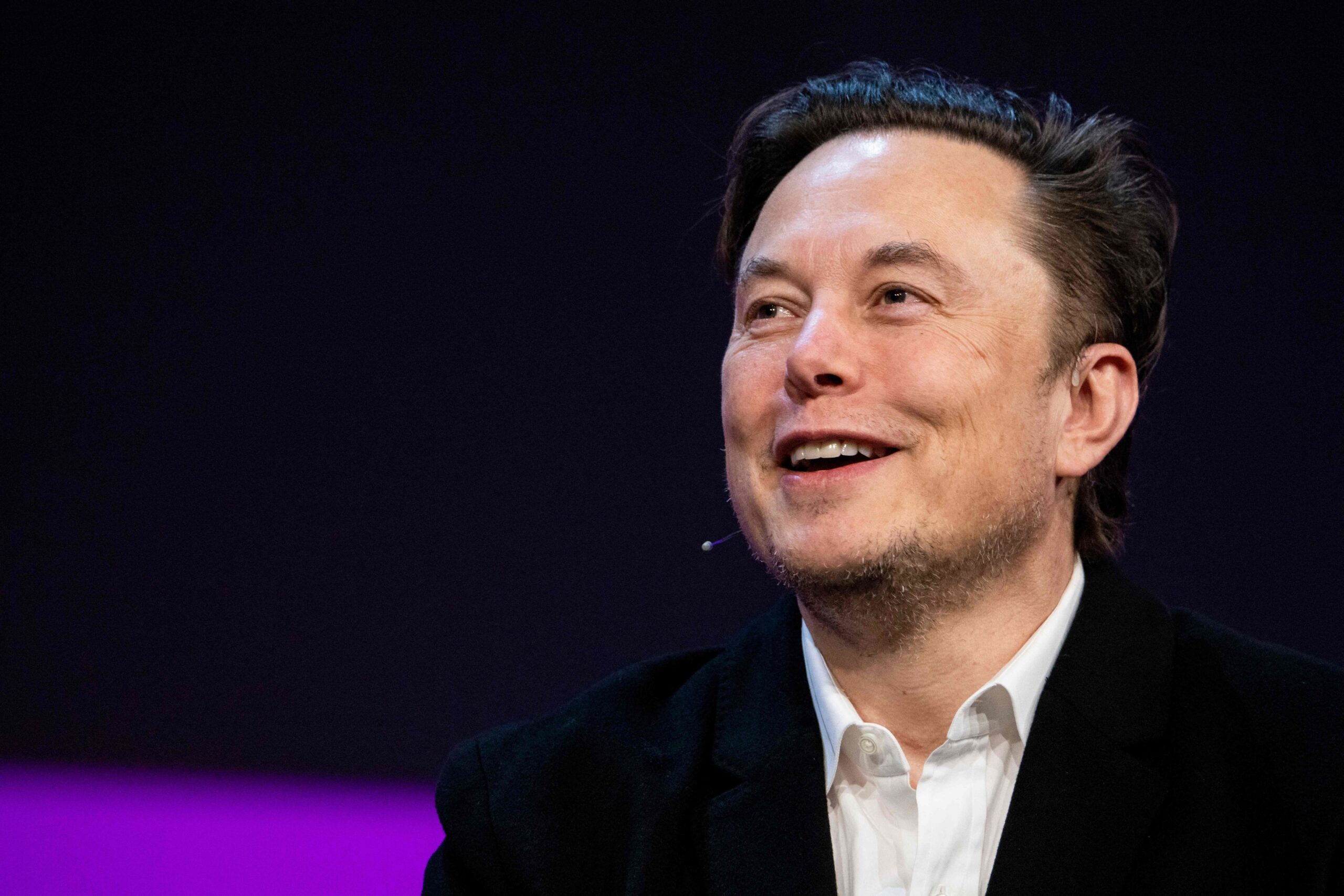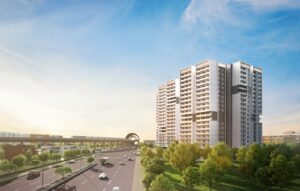
In a recent revelation by biographer Walter Isaacson, it has come to light that Antonio Gracias, a board member of Tesla, once took the unusual step of locking Elon Musk’s phone in a hotel safe. The motive behind this action was to prevent Musk from engaging in late-night tweeting, a habit that has often generated significant attention and controversy. This report provides a detailed account of the incident, including the circumstances surrounding it and the subsequent resolution.
Incident Details:
According to Walter Isaacson, who is known for his biographies of prominent figures, Antonio Gracias made the decision to lock Elon Musk’s phone in a hotel safe. The incident occurred on an undisclosed occasion when both Gracias and Musk were staying at a hotel. Gracias, presumably concerned about the potential ramifications of Musk’s late-night tweeting, took it upon himself to prevent Musk from accessing his phone during those hours.
Musk’s Reaction and Resolution: Upon discovering that his phone had been locked in the hotel safe, Elon Musk sought the assistance of hotel security to regain access to it. It is reported that Musk successfully convinced hotel security to open the safe at approximately 3 a.m., thereby allowing him to retrieve his phone.
Implications and Significance:
The incident involving Antonio Gracias and Elon Musk’s phone highlights the level of concern and control exerted by Tesla’s board members over Musk’s public communication channels. Elon Musk’s tweets have frequently been a subject of scrutiny, with some tweets impacting Tesla’s stock price or generating significant media attention. Gracias’ actions suggest a level of responsibility and oversight by the board to manage Musk’s potentially impulsive online behavior, particularly during late-night hours.
Furthermore, this incident raises questions about the delicate balance between personal privacy and professional responsibility in the realm of high-profile individuals like Elon Musk. While it can be argued that Gracias’ actions were motivated by the desire to protect Tesla’s reputation and interests, it also raises concerns about the limitations imposed on Musk’s autonomy and freedom of expression.






